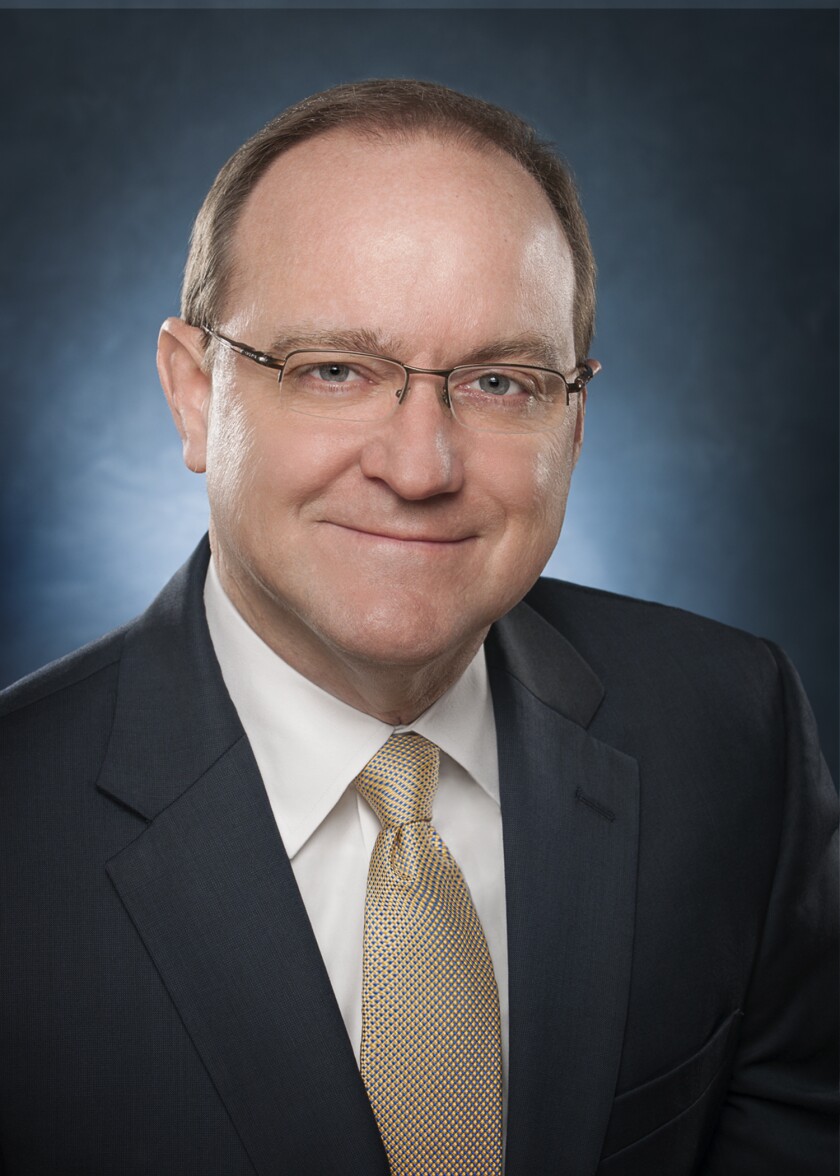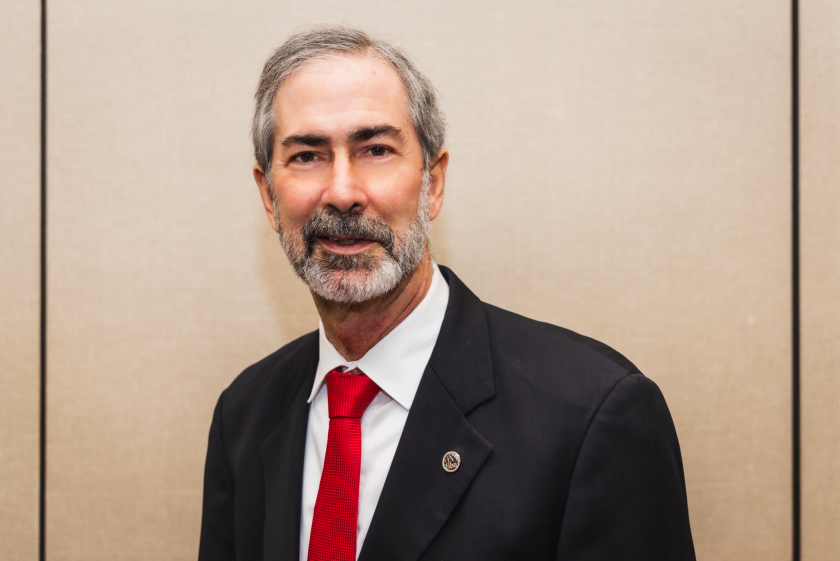The Internal Revenue Service is giving taxpayers until the end of the year before it stops its temporary procedures for faxing in Forms 1045 and 1139 for claiming tentative tax refunds, instead of mailing them, which it has allowed as part of its response to the COVID-19 pandemic.
In April, the IRS began allowing taxpayers to file both forms by fax while many IRS employees worked remotely and were unable to process the mail.
Koonce is the Chief Claims Officer, for Sedgwick. In this role, Koonce is responsible for product development and innovation, industry analysis and thought leadership, best practices and compliance standards, legislative and regulatory relationships, and continued involvement in client programs for Sedgwick's lines of business.
Prior to his current role, Koonce was the Managing Director responsible for Sedgwick's casualty retail business unit in which he oversaw program results and service execution across the company's retail customer base. This included use of innovation and technology to improve client outcomes and customer experience.
Prior to joining Sedgwick, Koonce was senior director of risk management for Walmart Stores, Inc., the nation's largest private sector employer. In this role, he managed the retailer's domestic property and casualty claims program. He simultaneously served as president of Claims Management, Inc., Walmart's wholly owned third party administrator.
David Schwartz is the president and CEO of the Financial International Business
Association, or FIBA, where he promotes growth and advancement in international
banking and finance through education, advocacy and networking. With extensive
experience in international banking and compliance, David has held leadership roles at
institutions like Regions Financial Corporation and Banque Sudameris. Fluent in
multiple languages, he holds a Juris Doctorate from New York Law School and a black
belt in Shuri-Ryu Karate. He also serves on various community boards and actively
contributes to educational and health organizations in South Florida.
Matt Gilbert is VP, employer brand strategy at Appcast, the leading recruitment marketing platform powered by programmatic. With nearly 20 years of industry experience in employer brand, EVP and recruitment marketing. Matt is a recognized thought leader, industry speaker, and innovator, having developed and activated over 350 employer brand programs since entering the field. He and his teams have earned numerous industry awards in employer branding and other B2C areas. Matt is a sought-after employer brand expert and has worked with numerous notable organizations in employer brand such as Expedia Group, Disney Cruise Line, PepsiCo, Nike, Tyson Foods, Carmax, Pfizer, Aramco, Lockheed Martin, HCA, Conagra, Gallo Winery, Hanes Brands, American Red Cross, the ASPCA, Condé Nast, Amtrak, JPMorganChase, PayPal and more.
An individual, estate or trust can file Form 1045, Application for Tentative Refund, to apply for a quick tax refund resulting from the carryback of a net operating loss, the carryback of an unused general business credit, the carryback of a net section 1256 contracts loss, or an overpayment of tax due to a claim of right adjustment under section 1341(b)(1) of the Tax Code.

Corporations (other than S corps) can file Form 1139, Corporation Application for Tentative Refund, to apply for a quick refund of taxes from the carryback of a net operating loss (or a loss from operations of a life insurance company), the carryback of a net capital loss, the carryback of an unused general business credit, or an overpayment of tax from a claim of right adjustment under section 1341(b)(1).
The CARES Act, which Congress passed in March in response to the coronavirus crisis, included some provisions allowing companies to carryback their net operating losses for five years and file refund claims, giving them a quick capital infusion in the midst of the pandemic. Taxpayers with a net operating loss arising in a tax year starting in 2018, 2019 or 2020 can carry that loss back to each of the five preceding years unless the taxpayer elects to waive or reduce the carryback. The law also allows a carryback for a two-year period of NOLs for a tax year that began in 2017 and ended during 2018.
Another section of the CARES Act modifies the credit for prior-year minimum tax liability of corporations, including to accelerate the recovery of remaining minimum tax credits of a corporation for its 2019 taxable year from its 2021 taxable year and to allow a corporation to elect instead to recover 100 percent of any of its remaining minimum tax credits in its 2018 taxable year. In April, the IRS began allowing taxpayers on a temporary basis to fax in Forms 1045 and 1139 to expedite the tax refund process.
However, on Wednesday, the IRS added an entry to its Frequently Asked Questions page describing the temporary procedures to say the procedure will end on Dec. 31, 2020. After midnight on New Year’s Eve, the fax numbers will no longer be operational. The IRS noted that the end of the faxing process is independent of any filing due dates. For example, the last day to file Form 1139 electing to take the 100 percent refundable minimum tax credit in 2018, is Dec. 30, 2020.
“Additionally, if you file one application for a tentative refund and claim both the NOL carryback and the minimum tax credit at the same time, you must file the application by the earliest applicable deadline,” the IRS noted.



